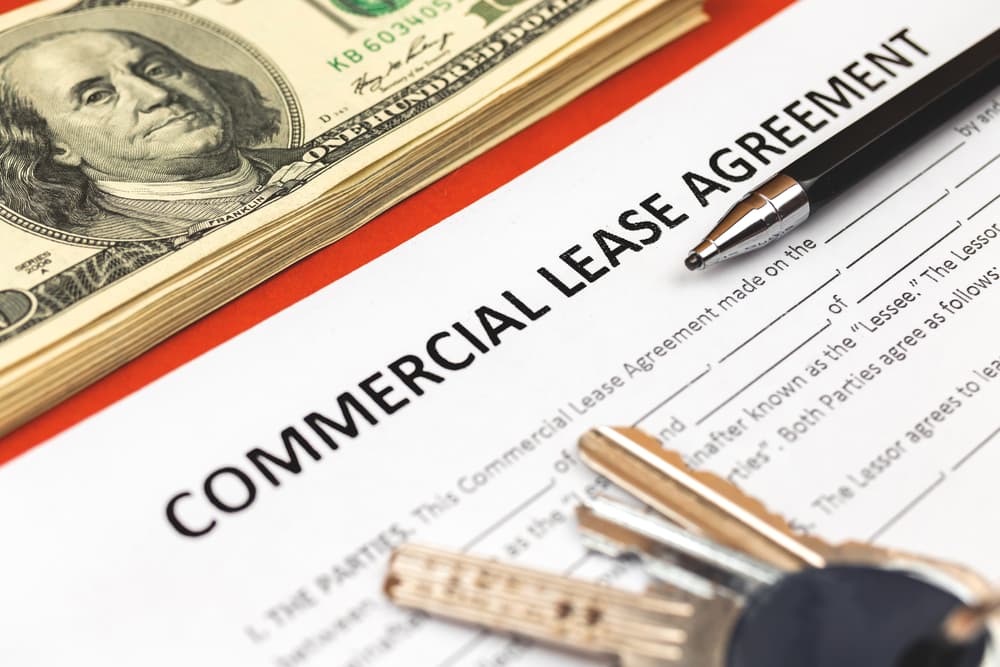Dental Use Exclusivity (Leases)
Is your dental practice entering a new commercial space or renegotiating the terms of your commercial lease? One important matter to consider is a dental use exclusivity clause, and you should never sign a commercial lease for your practice without discussing this – and other key terms – with a dental business lawyer.
Dental use exclusivity clauses restrict landlords from leasing to other dentists in a commercial development to ensure your practice’s exclusivity in a particular location. These clauses aim to protect the business interests of dentists by preventing other dental practices from operating in the same strip mall or building.
However, disputes can arise when interpreting and enforcing the terms of these agreements, often leading to significant costs and other issues between practices and landlords.
Reviewing and negotiating dental use exclusivity clauses upfront requires a knowledgeable dental business attorney who understands the industry’s business side, including commercial lease agreements. For this reason, you should always consult an experienced commercial dental lease lawyer before signing a lease for dental office space.
What Is an Exclusivity Clause?
An exclusivity lease clause gives a tenant the exclusive right to operate a specific business in a building, shopping center, or business park. In the case of dental practices, a dentist who signs a lease agreement with an exclusivity clause will have the exclusive right to operate their dental practice in that location without any competition from other dental practices. This clause gives dentists a sense of security and helps maintain a competitive edge in their local market.
How an Exclusivity Clause Can Benefit You

An exclusivity clause in your lease agreement as a dentist can offer several benefits. First and foremost, it allows you to establish a strong presence in a particular location by preventing other dental practices from operating there. This can help in areas with a high concentration of potential patients, ensuring you have a steady stream of clients without the fear of direct competition.
Furthermore, an exclusivity clause gives you peace of mind by protecting your business interests. It allows you to focus on providing the best dental care to your patients without constantly worrying about other dental practices undercutting your prices or stealing your patients.
How a Restrictive Exclusivity Clause Could Hamper Your Ability to Grow
While an exclusivity clause can help your business, a restrictive exclusivity clause may hamper your ability to grow and expand your practice.
For example, a clause that unintentionally limits your practice to general dentistry may restrict your ability to offer specialized dental services that might attract a larger patient base. This limitation can hinder your practice’s growth potential and prevent you from tapping into lucrative market segments.
In addition, a restrictive exclusivity clause that is too narrow in scope may limit your ability to adapt to market trends or changes in patient demands. Dentistry is a dynamic field, and you want the flexibility to evolve and offer new services to meet the ever-changing needs of your patients.
Other Issues to Look for in Your Lease

When leasing your dental office space, you may wish to address several other crucial issues aside from dental use exclusivity. These additional factors can significantly affect your business operations and financial stability. Awareness of these issues and addressing them in your lease agreement can save you from potential costly headaches.
Lease Term
One important aspect to examine is the length of the lease. Ensure you have sufficient time to establish and grow your dental practice without fearing being uprooted prematurely. Negotiating a longer lease term can provide stability and peace of mind as you focus on building a successful practice.
Maintenance and Repairs
Another essential consideration is the responsibility for repairs and maintenance. These costs can quickly add up and significantly impact your bottom line. Your lease should clearly define who is responsible for what, whether it’s the landlord or the tenant. This clarity will help avoid disputes and confusion down the line, ensuring that your office remains in excellent condition and ready for patients.
Insurance
Insurance requirements are also a critical factor to consider. Your lease should specify the type and amount of insurance coverage required, protecting both you and the landlord in case of unforeseen events. Your lease agreement must align with your current insurance policies to avoid any gaps in coverage.
Termination Clauses
In addition, carefully review the lease’s termination clauses. Understand the circumstances under which either party can terminate the lease and the notice period required. A clear understanding of the termination terms can help you plan for the future and navigate any potential changes more effectively.
You Should Always Have a Dental Business Attorney Review Your Lease

Successfully negotiating lease agreements, especially those with exclusivity clauses, is best left to a dental attorney. Dental business attorneys know the unique requirements and restrictions imposed on dental practices. With their knowledge and experience, they can negotiate favorable terms and protect your practice’s interests in your lease.
A dental attorney can identify any potential pitfalls or restrictive clauses that may hinder your practice’s growth or limit your business activities. They will thoroughly analyze the terms of the exclusivity clause and advise you on its implications. Additionally, they can negotiate with the landlord to modify or clarify the clause to better align with your practice’s goals and objectives.
By working with a dental attorney, you can have peace of mind knowing that your lease agreement is fair, protects your interests, and provides ample opportunities for growth and success.
Call a Dental Business Lawyer Near You Today
If you are a dentist leasing their office and need assistance with a dental use exclusivity clause in your lease, contact a dental attorney near you. They understand commercial leasing and can provide qualified guidance in protecting your business interests. Don’t leave your lease agreement to chance – consult a dental attorney today and ensure a secure future for your dental practice.
